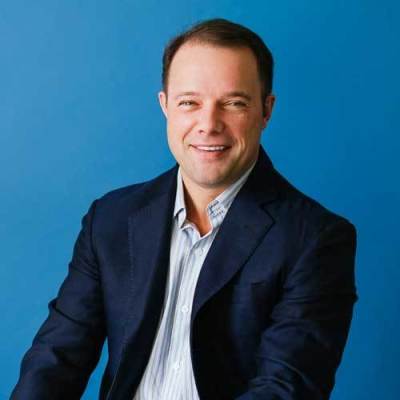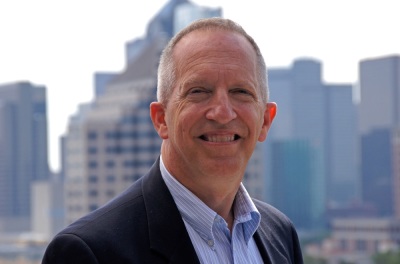What’s next? 3 Succession factors churches and pastors MUST get right

Thinking about what’s next before they have to — that’s what marks the greatest leaders, business people, athletes, and politicians of the world. It’s also a common trait of exceptionally wise pastors. What’s next for you? Sooner or later, unless Jesus returns during your lifetime, there will be a leadership baton pass. Thinking about that transition ahead of time might make all the difference in your and your church’s or ministry’s legacy. There’s an old saying the US Marine Corps used during a battle: “If you’re early, you’re on time. If you’re on time, you’re late. If you’re late, you’re dead.” The same can be said for succession planning. The earlier you start planning, the better. In fact, we believe no date is too early to begin planning. Wait too long, and you may find that you’re late — or metaphorically dead.

All pastors, even those serving very happily and fruitfully, need to begin thinking now about their succession. But long before they look to relocate or retire, they need to deal with three issues. To address the question of legacy thinking, three key issues must be sorted through. Developing sound answers can free pastors to go to new levels as they deal with the big picture of legacy.
1. Define succession success. What does success look like three years after the hand-off from the retiring pastor to the successor pastor? Even if you’re part of an appointment system where you have no say in the person who will follow you, you still can have a huge influence in how you end, how well the church is prepared for a successor, and what path and direction the church’s momentum will be moving toward when the successor arrives.
2. Identify a new life passion. A second issue to explore involves the question of “What’s next?” for the outgoing pastor. Having a plan for where outgoing pastors will spend their energy is crucial to a healthy succession. More fundamental is the issue of what you should do next in God’s big picture for your life. To put it bluntly, too often pastors stay at a church not because they’re thriving there but because their identity is tied too much to their present role and they don’t have anything else to put their passion into.
3. Determine financial need. Stated positively, are my household finances in order so I’m free to go when and where God calls me? Stated negatively, how can I make sure finances don’t keep me hanging on to my present role — with its salary — any longer than I should?It may sound crass and worldly, and it’s not a subject many want to explore, but far too many pastors face retirement with no way to fund it. This reality can wreck a succession before it even begins. Most pastors believe that if they focus on ministry, the money part will work itself out. Most also have little to no training about preparing for the day when the church isn’t there to support them or for their eventual retirement.
Excerpted from NEXT: PASTORAL SUCCESSION THAT WORKS, EXPANDED AND UPDATED. Copyright © 2020 by William Vanderbloemen and Warren Bird. Published by Baker Books, a division of Baker Publishing Group. Used by permission.
ABOUT NEXT: PASTORAL SUCCESSION THAT WORKS, EXPANDED AND UPDATED
Packed with new research, new interviews and practical solutions, this updated and expanded edition of Next: Pastoral Succession That Works will equip pastors, ministry teams, and Christian organizations to navigate leadership changes with wisdom and grace. Next is available from booksellers everywhere. For more information, or to order your copy, go to vanderbloemen.com.
ABOUT WILLIAM VANDERBLOEMEN
William Vanderbloemen (MDiv, Princeton Theological Seminary) served for 15 years as a pastor before founding Vanderbloemen, the leading search firm specifically focused on succession planning and connecting churches and Christian organizations with the right leadership for their teams.
ABOUT WARREN BIRD
Warren Bird (Ph.D., Fordham University) is vice president of research for the Evangelical Council for Financial Accountability (ECFA.org). An ordained minister and former seminary professor, he is also author or co-author of 31 books, including How to Break Growth Barriers. He and his wife, Michelle, live in a suburb of New York City.





















